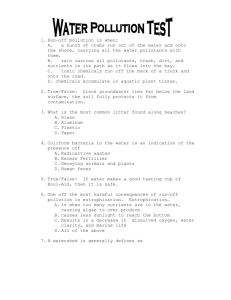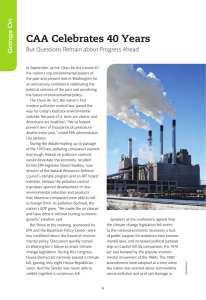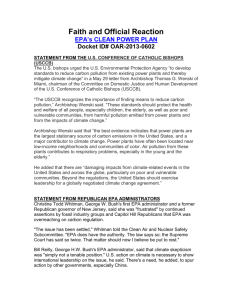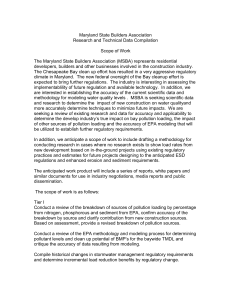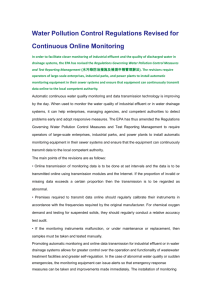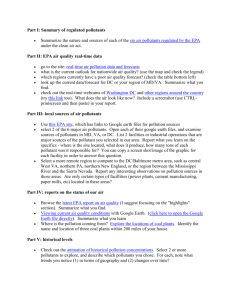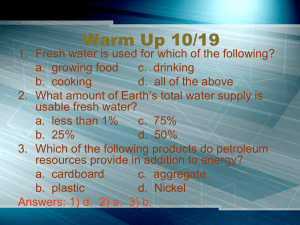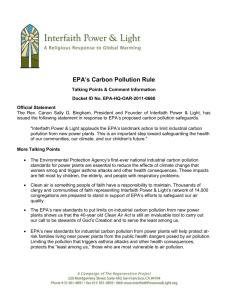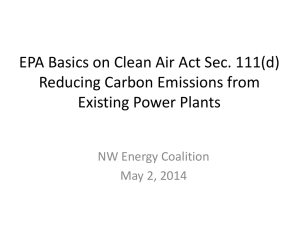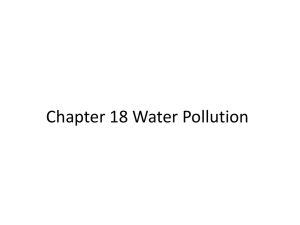PowerPoint: Air Pollution
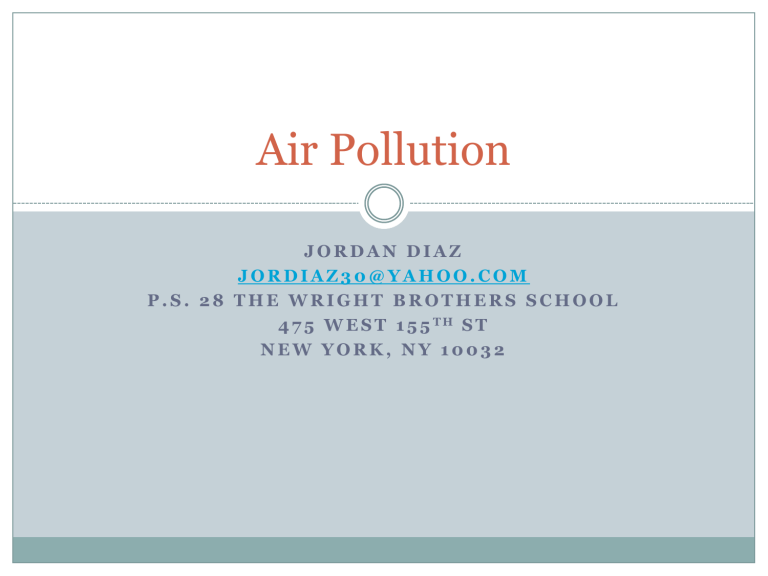
Air Pollution
J O R D A N D I A Z
J O R D I A Z 3 0 @ Y A H O O . C O M
P . S . 2 8 T H E W R I G H T B R O T H E R S S C H O O L
4 7 5 W E S T 1 5 5 T H S T
N E W Y O R K , N Y 1 0 0 3 2
Public Policy Analyst
Step 1: Define a problem
Step 2: Gather evidence
Step 3: Identify causes
Step 4: Examine the existing policy
Step 5: Develop new solutions
Step 6: Select the best solution
Step 1: Define the Problem
What are these pictures showing?
Why Clean Air is Important?
You could go days without food and hours without water, but you would last only a few minutes without air. On average, each of us breathes over 3,000 gallons of air each day. You must have air to live.
However, did you know that breathing polluted air can make you sick?
Why Clean Air is Important?
What is Air Pollution?
The condition in which is contaminated by foreign substances, or the substances themselves. Air pollution consists of gaseous, liquid, or solid substances that, when present in sufficient concentration, for a sufficient time, and under certain conditions, tend to interfere with human comfort, health or welfare, and cause environmental damage. Air pollution causes acid rain, ozone depletion, photochemical smog, and other such phemomena.
Step 2: Gather Evidence
Work with your group to gather evidence by reading one of the three articles below.
Article 1
Article 2
Article 3
Step 3: Identify Causes
Work with your group to identify different causes of air pollution.
Step 4: Examine Existing Policy
In 1963 the Clean Air Act was passed by congress and amended in 1970 And 1990 to strengthen the existing law.
In 1970 Congress created the EPA and gave it the primary role in carrying out the law. Since 1970, EPA has been responsible for a variety of Clean Air Act programs to reduce air pollution nationwide.
In 1990, Congress dramatically revised and expanded the Clean Air Act, providing EPA even broader authority to implement and enforce regulations reducing air pollutant emissions.
What is the EPA?
The EPA is the Environmental protection agency.
Under the Clean Air Act, EPA sets limits on certain air pollutants, including setting limits on how much can be in the air anywhere in the United States. This helps to ensure basic health and environmental protection from air pollution for all Americans. The
Clean Air Act also gives EPA the authority to limit emissions of air pollutants coming from sources like chemical plants, utilities, and steel mills.
Step 5: Develop New Solutions
The Clean Air Act has done a lot to help slow down the pace of air pollution but, it is not enough.
Look at some of the causes of air pollution and work with your group to develop new policies to help protect our precious air and prevent air pollution.
We all can make a difference if we try!
Step 6: Select the Best Solution
Your group develops 3 new policies and now selects the best by using these two criteria: http://flippedtips.com/plegal/tips/bestsol.html
Step 6: Select the Best Solution
Your group now selects the best policy solution by completing this worksheet http://flippedtips.com/plegal/tips/worksheet6.html
